3 Changes You Can Make Today to Lower Your Cancer Risk
The American Cancer Society released new guidelines for how changes in your diet and physical activity can significantly lower your risk for cancer. Start today with these tips.

By Lori Timmerman, DO, Breast Surgeon—Virtua Breast Care
A 2024 study by the American Cancer Society shows that advances in treatment and earlier detection of breast cancer has led to a 44% decrease in the breast cancer death rate, which is cause for celebration! However, it also shows that incidence rates for breast cancer are steadily increasing.
What hasn’t changed are the American Cancer Society’s guidelines on the most controllable lifestyle factors that could significantly lower your risk for cancer:
- Maintaining a healthy weight
- Eating healthy, nutritious food
- Staying physically active
- Abstaining from drinking alcohol or drinking less
While making a few lifestyle changes seems simple enough, it’s not. It takes consistent work to make changes, and that’s hard. Breaking up these changes into smaller goals makes it easier to lower your cancer risk and live a healthier life.
Maintaining a healthy weight is tied directly to eating nutritious foods and staying active. This is important because being overweight or obese is linked to an increased risk for various cancers, including breast, colon and rectal, gynecologic, gastrointestinal, and others.
The connection between weight and cancer risk is actively studied and complex. However, researchers think it’s tied to hormones like estrogen and insulin, the immune system, inflammation, and even how you carry fat on your body.
What’s most important is taking steps to eat healthier foods, stay active, and reduce your alcohol intake. Here are some simple things you can do today to reduce your cancer risk.
Eat healthy, nutritious foods
Some key factors driving weight gain in the U.S. are sugar-sweetened drinks and fast or processed foods that are high in fat and sugar. In a Harvard study, it was found that every 10% increase in the consumption of ultra-processed foods resulted in a 12% higher risk for cancer in general, and an 11% increased risk for breast cancer. That’s why it’s so important to build a diet around healthy foods if you are looking to decrease your cancer risk.
To build that diet, we suggest you start small and make healthier choices every day:
- Eat the rainbow: choose fruits and veggies from each color group like red peppers, oranges, yellow squash, leafy greens, blueberries, and eggplant.
- Make half your grains whole grains: choose whole-grain bread and pasta, brown rice, quinoa, and oatmeal.
- Limit or avoid eating red meat and processed meats: reduce beef, pork, and sausage in your diet, and replace them with lean poultry or fish. Or, you can take a more plant-based approach, replacing meats with beans, jackfruit, tofu, tempeh, or seitan.
- Replace sugar-sweetened beverages: drink water or water with fresh fruit, flavored seltzer, or unsweetened tea.
- Leave room in your daily diet for a small indulgence: if chocolate is your favorite treat, savor a piece of dark chocolate after dinner. If you’re a salty snacker, treat yourself to a pre-portioned bag of popcorn or pretzels.
- Get help if you need it: a registered dietitian can help you develop a healthy eating plan that works for you and includes your favorite foods.
Get or stay physically active
Along with eating healthy foods, physical activity helps lower the risks of being overweight or obese. The overall goal is to sit less and move more. If you haven’t exercised, you should check with your doctor before jumping into a more vigorous exercise program.
The easiest of all activities is walking—you just lace up your sneakers and take the first step. Setting small, achievable goals helps—maybe you can set a goal to walk to the end of the block and back and then add another block on your next walk.
The American Cancer Society recommends that adults get 150 to 300 minutes of moderate-intensity exercise per week, choosing an activity that works for you. This includes:
- Exercise: walking, dancing, biking, yoga
- Sports: golf, softball, baseball, doubles tennis
- Around the house: mowing the lawn, yard work
You also can engage in 75 to 150 minutes of vigorous-intensity activities, including:
- Exercise: jogging/running, aerobics, weight training, kickboxing, swimming
- Sports: soccer, basketball, racquetball, singles tennis
- Around the house: digging, masonry, carpentry
Know that alcohol increases your risk
There’s a link between alcohol consumption and cancer – specifically, the more you drink, the higher your risk for cancers of the mouth, throat, breast, esophagus, liver, colon, and rectum. Recently, a U.S. Surgeon General’s Advisory revealed that this increased risk remains even if you only consume a small amount of alcohol per week, and there is no amount of alcohol that will reduce your cancer risk. In addition, alcohol consumption adds empty calories to your diet that can lead to weight gain.
The American Cancer Society recommends NOT drinking alcohol. However if you drink alcohol, be aware that your risk significantly increases above a moderate level, meaning no more than one drink a day for women and two for men.
A “drink” is defined as:
- 12 ounces of beer
- 5 ounces of wine
- 1 ½ ounces of 80-proof distilled spirits (vodka, rum, bourbon, tequila)
Your cancer risk is linked to the amount of alcohol you drink, not the type. Therefore, it’s not advised to consume more alcohol on fewer days.
Keep up with cancer screenings
In addition to these recommendations, cancer screenings increase the chance of detecting certain cancers early – when they might be easier to treat. Learn what screening tests the American Cancer Society recommends, when you should have them, and what’s covered under some types of insurance.
Your doctor is your best resource for helping you make the lifestyle changes necessary to reduce your cancer risk.
Schedule an appointment online with a Virtua Primary Care provider for assistance.
There's So Much More to Explore
Discover expert insights, inspiring stories, health tips, and more by exploring the content below!

Understanding Food Addiction: Causes, Symptoms, and Recovery Strategies

10 Reasons to Schedule Your Colonoscopy Screening Today

At-Home Colon Cancer Tests vs. Colonoscopy: Which Screening Option Is Right for You?

10 Hand Washing Tips to Keep You Healthy All Year

Cervical Cancer Screening Guidelines: What You Need to Know

HeartTalk Magazine

How to Spot the Early Signs and Symptoms of a Stroke

How Weight-Loss Surgery Can Improve Diabetes, Heart Health, and More

How to Achieve Your Health Goals This Year

Knee Replacement Rehab: 7 Exercises to Restore Your Strength and Range of Motion

Caregiving During the Holidays: Ways to Manage Stress and Find Joy

Bioidentical Hormone Replacement Therapy Pellets: Relief for Menopause and Andropause Symptoms

COVID-19 Vaccines and Pregnancy: FAQs

COMFORTing Tips to Avoid Holiday Heartburn
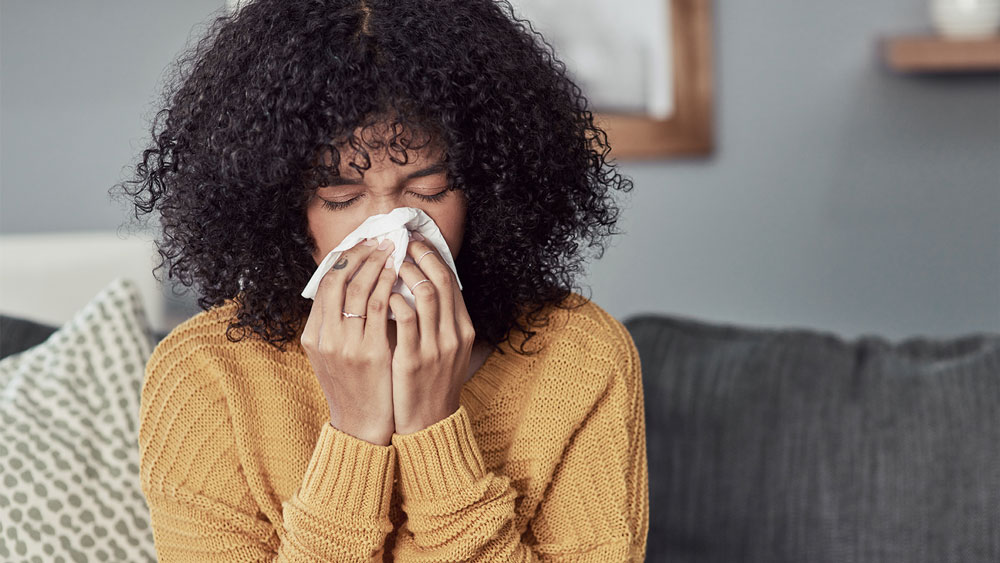
How to Tell the Difference Between Cold, Flu, and COVID-19
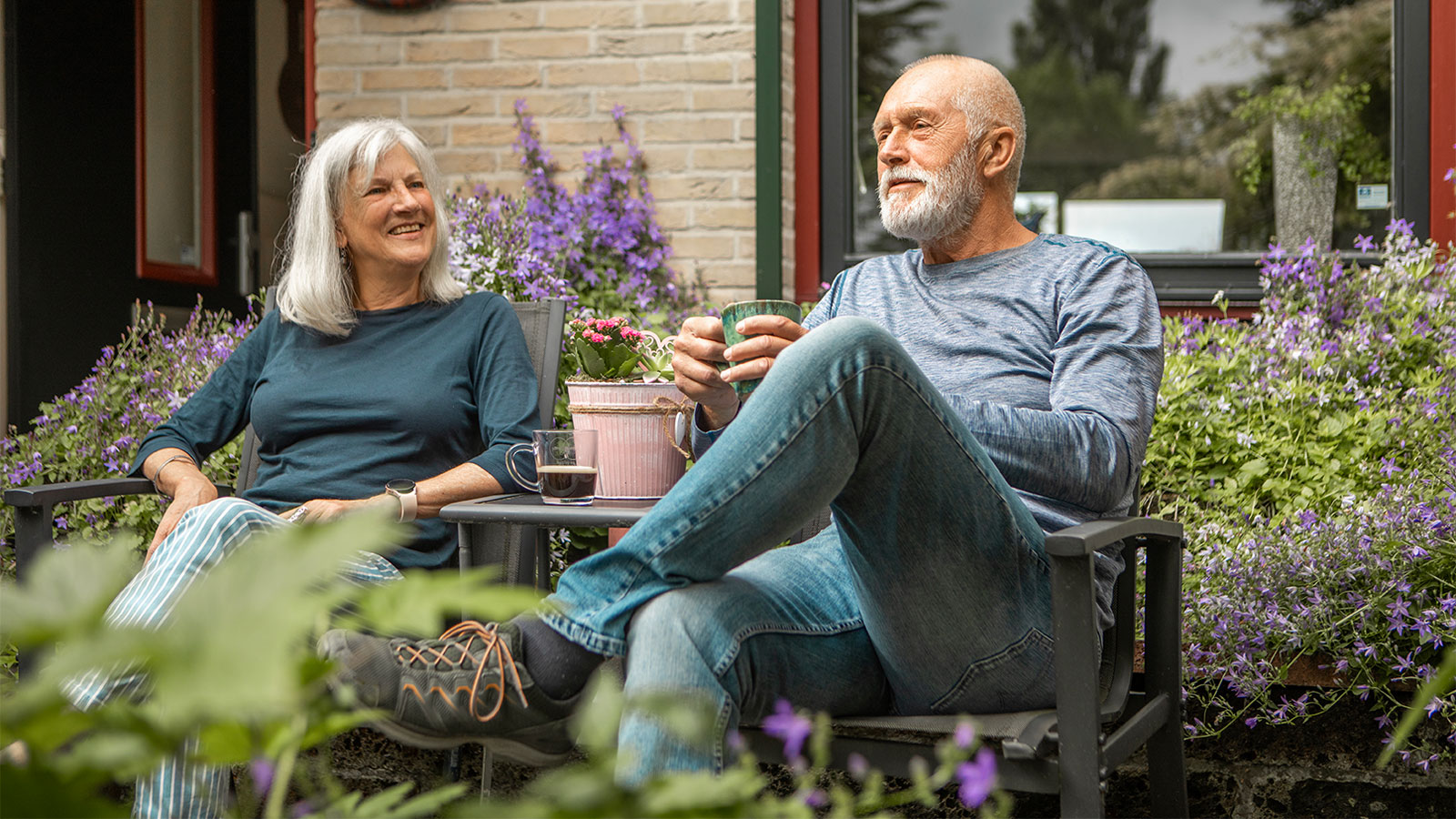
Daily Wellness Checklist: Simple Habits for Feeling Good Inside and Out

3 Reasons Why Now's the Time to Find Relief From Varicose Veins

Baseball Coach Turns Male Breast Cancer Surprise into Personal Mission

How to Get and Stay Healthy This Fall
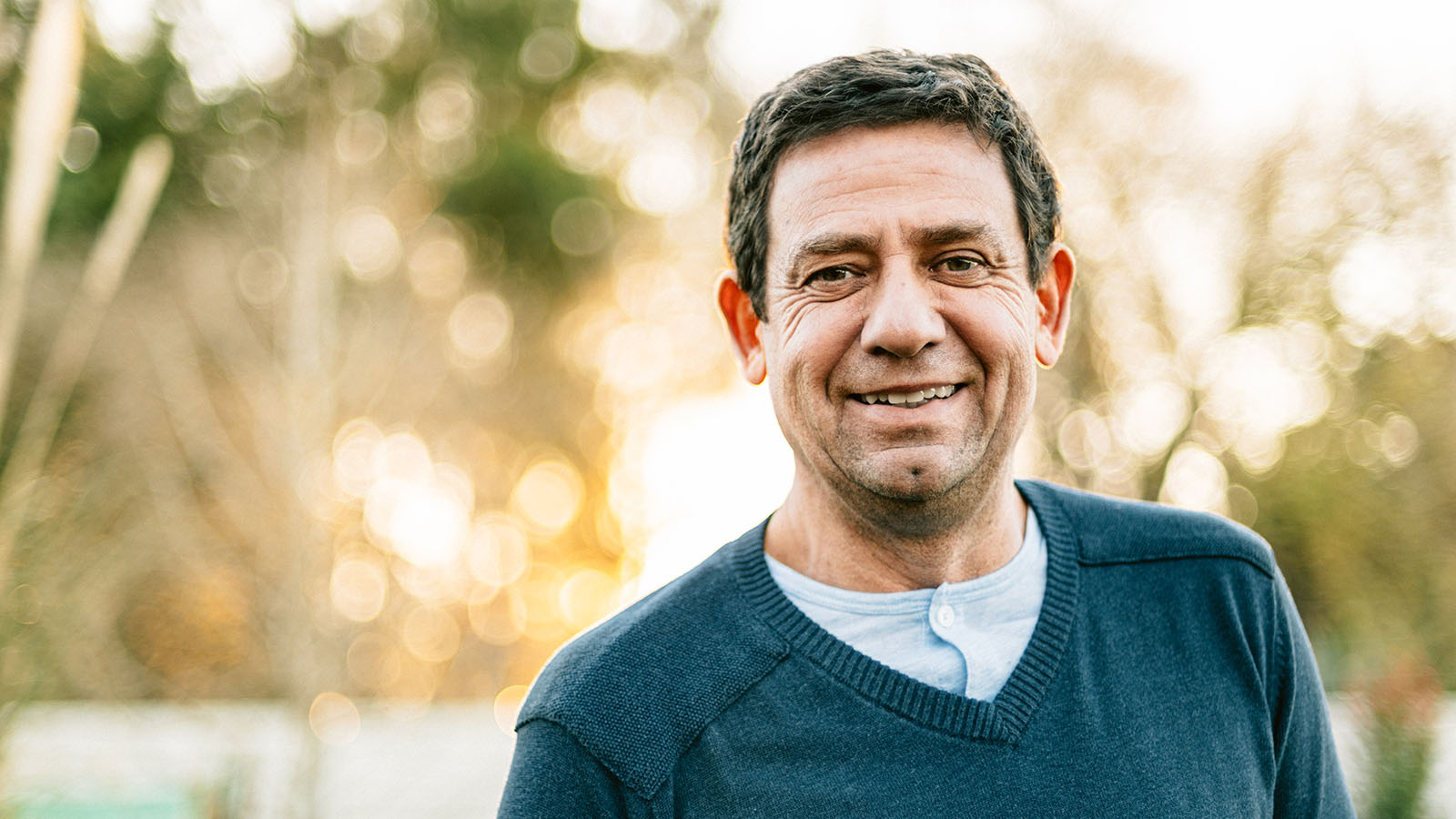
How to Reverse Prediabetes and Prevent Type 2 Diabetes
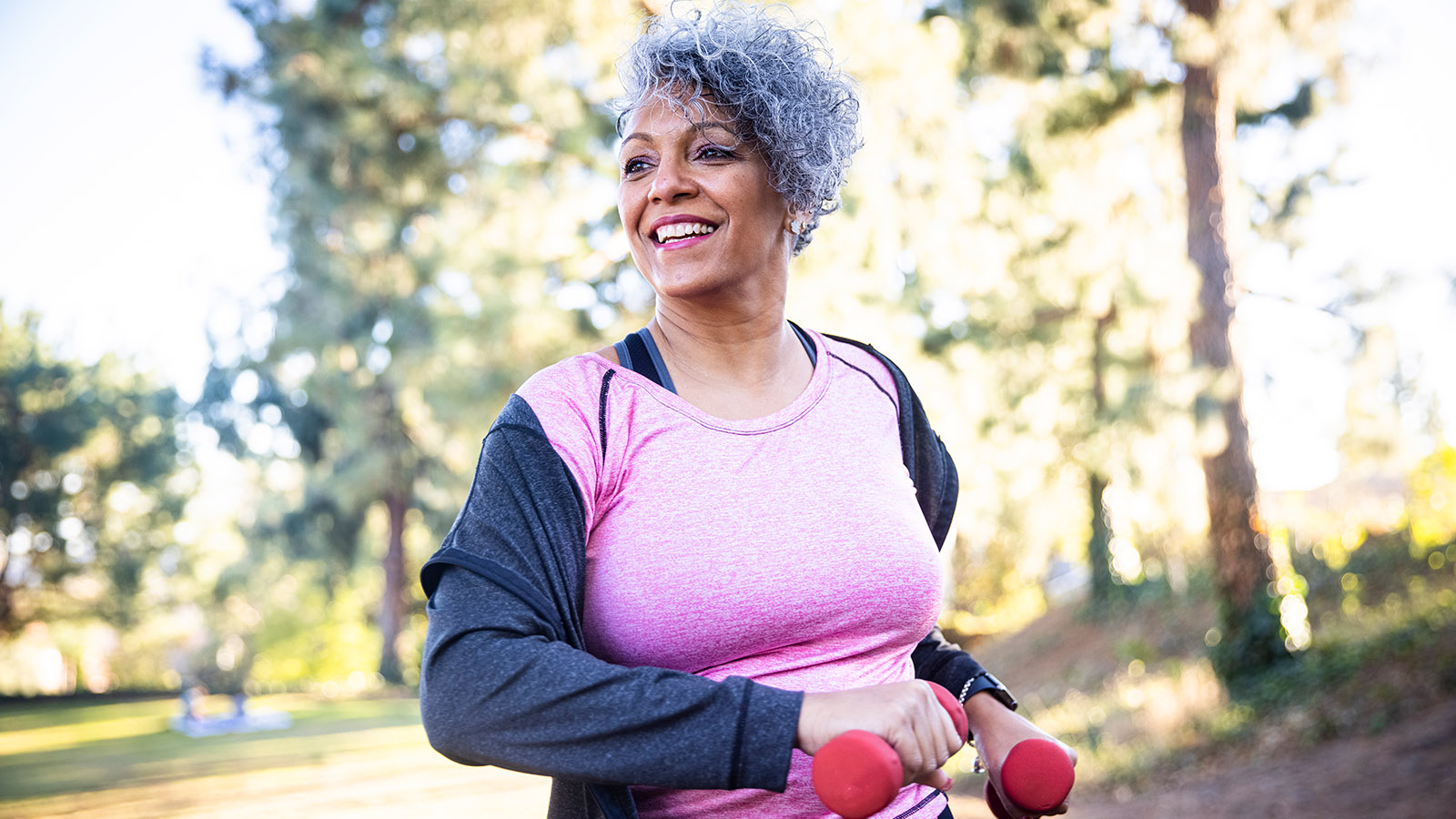
6 Ways to Get More Out of Your Daily Walk

Young Breast-Cancer Survivor Has New Hope for Healthy Future

Is Cancer Hereditary? What You Need to Know About Your Genetic Risks

Is Your Post-Pregnancy Belly Bulge a Sign of Diastasis Recti?

Your Guide to Mammograms: When to Get Screened and What to Know

The Top 10 Foods That Boost Your Brain Health
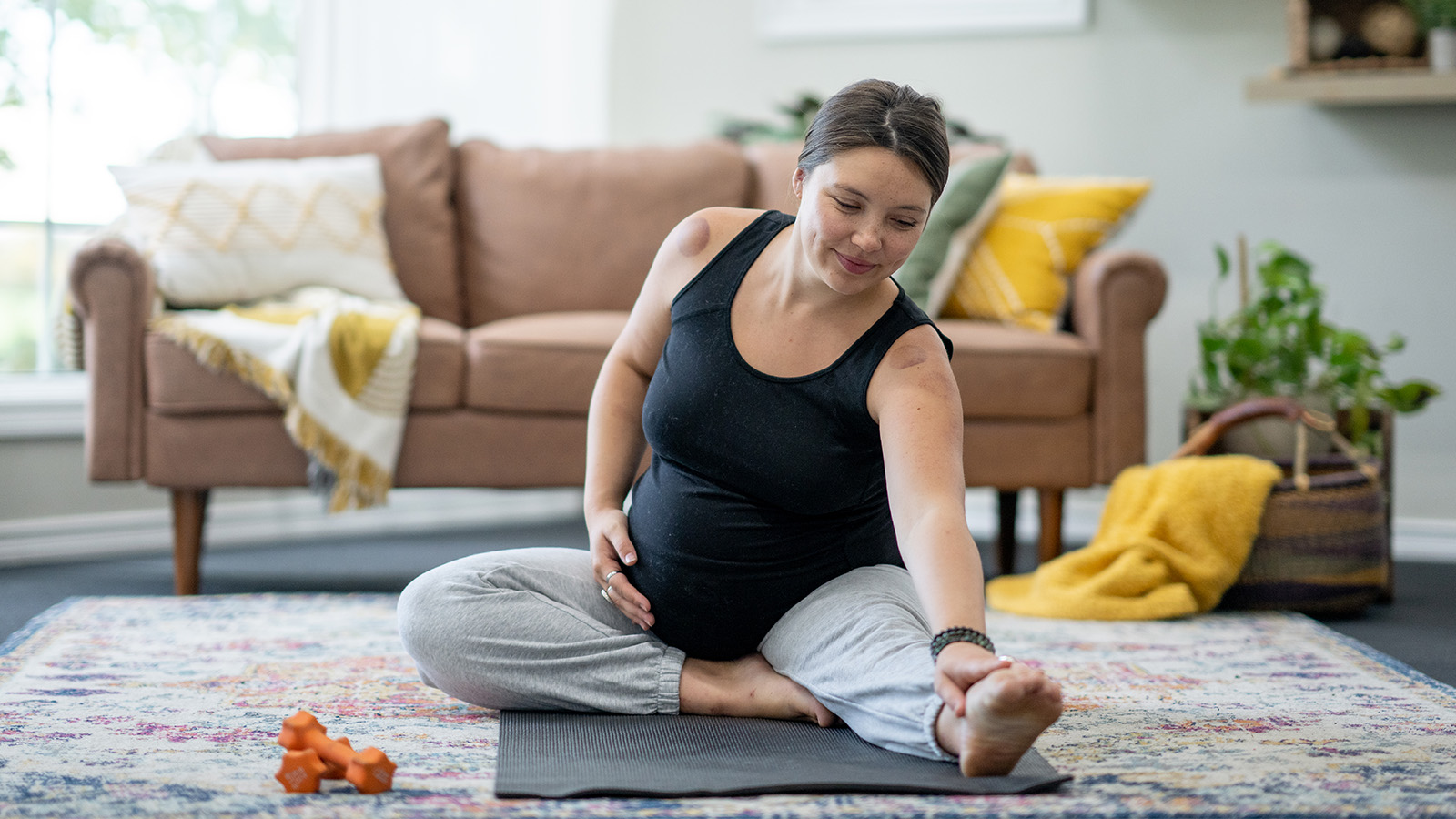
Is It Safe to Exercise During Pregnancy?

Prevent Yard Work Injuries: Tips for Mowing, Gardening, and Raking
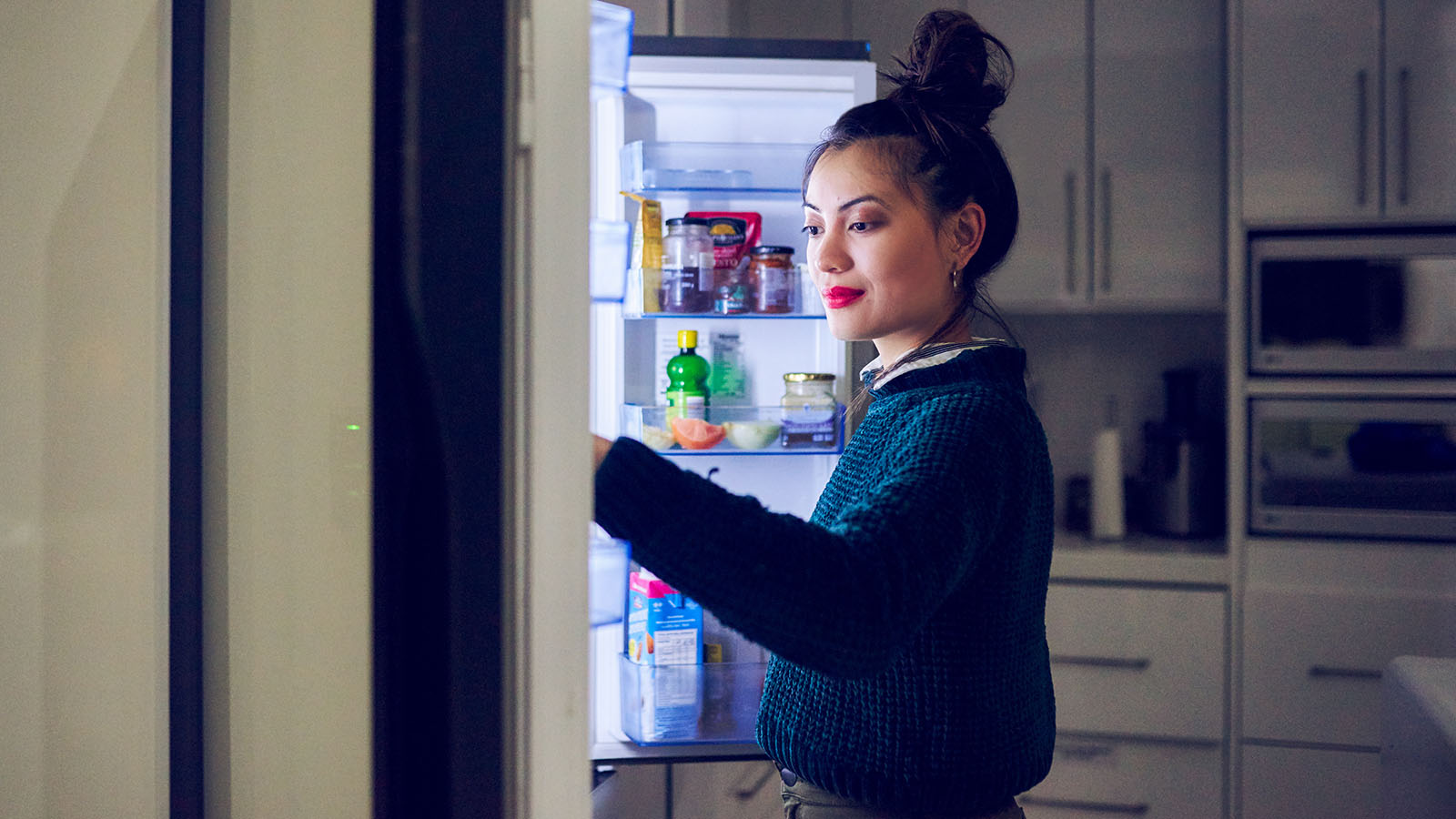
How to Curb Nighttime Snack Cravings
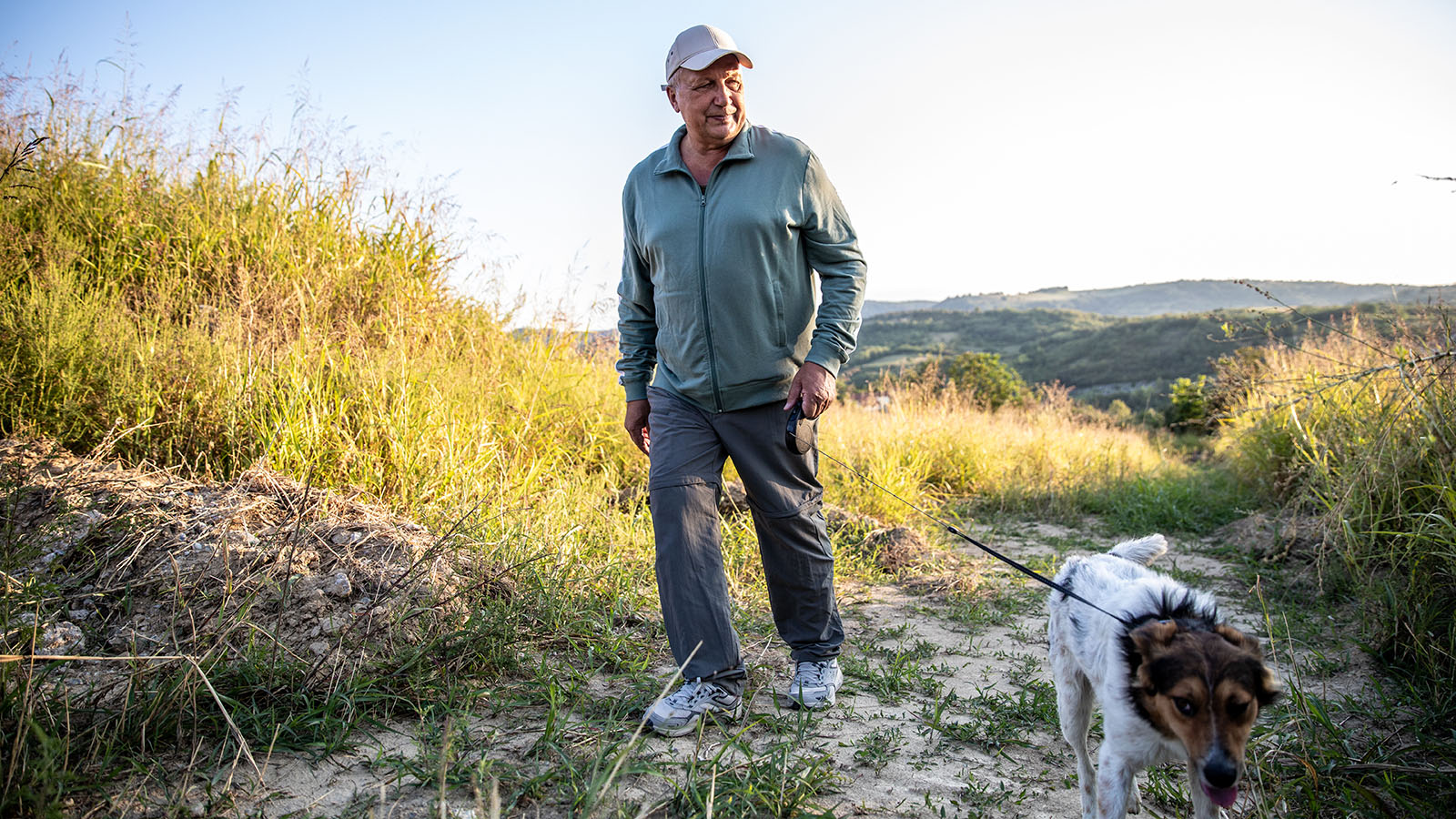
Is Your Daily Walk Making You Really Sore?

IBS and Alcohol: Can You Still Enjoy a Drink?

'Feeling Joy Again': ECT Brain Stimulation Therapy Restores Ashley's Well-Being

Easy, Healthy Lunch Ideas for the Beach

How to Stay Cool and Prevent Heat Illness All Summer Long
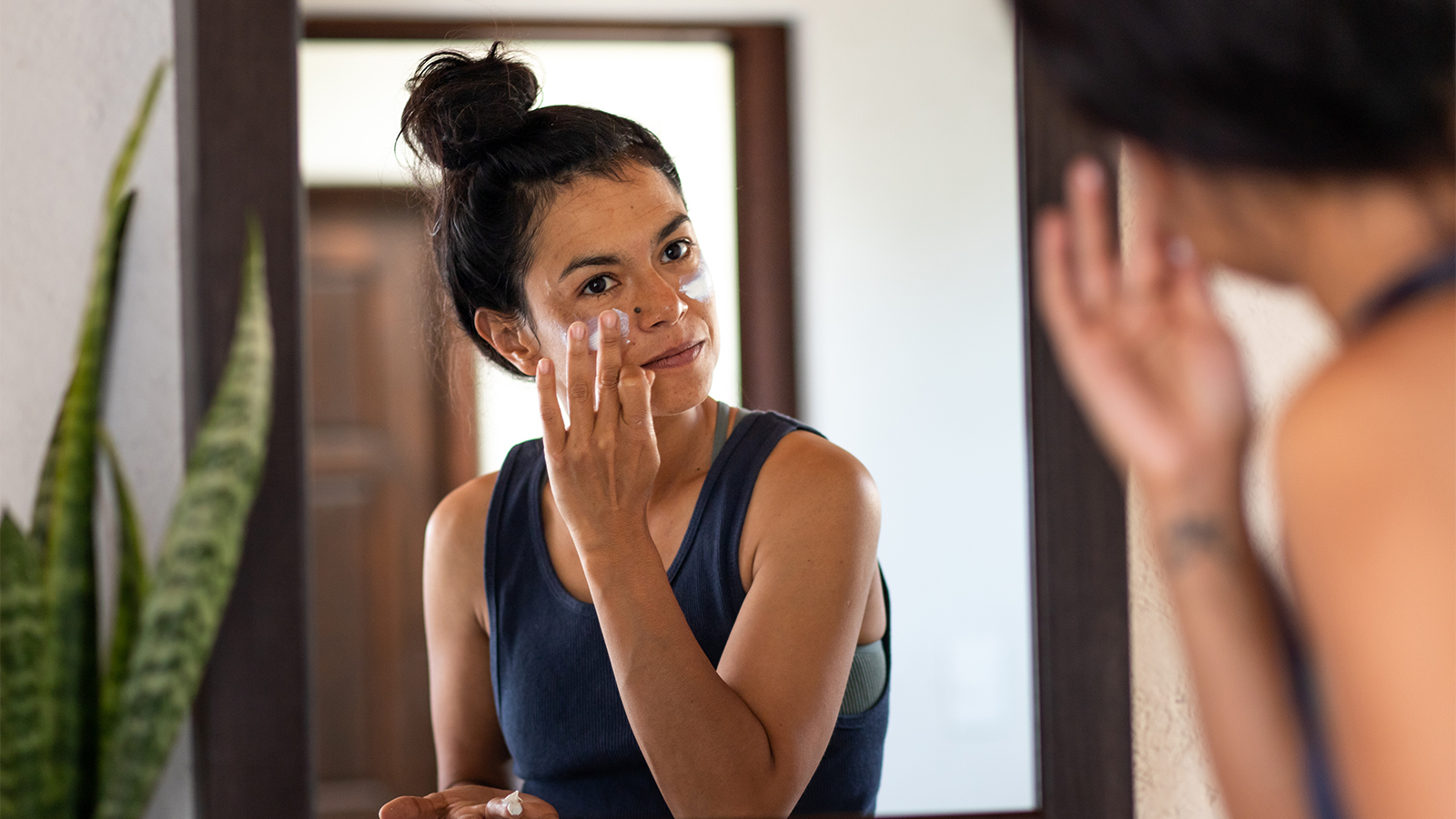
Do Not Get Burned by These Sunscreen Myths
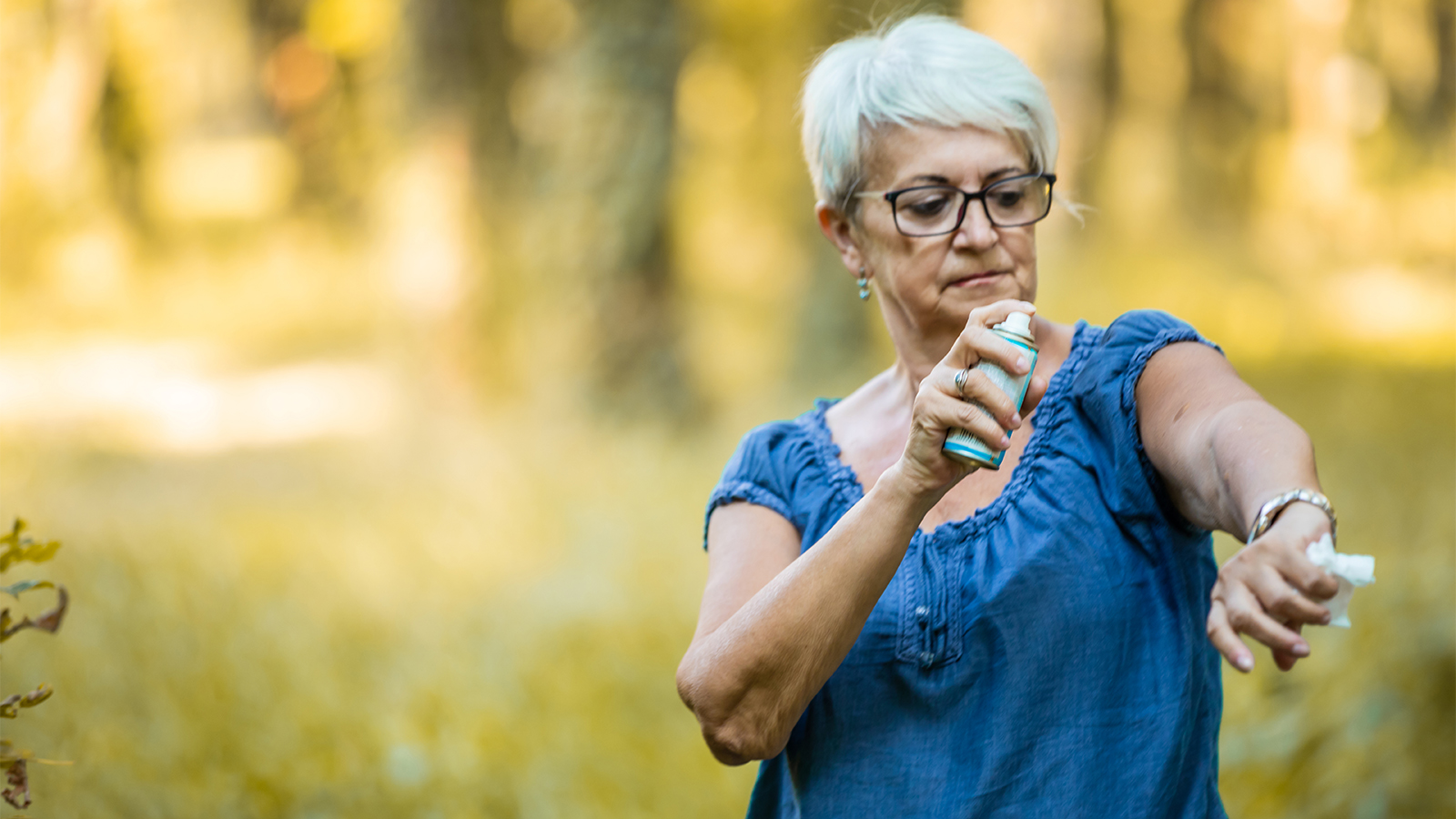
Beat the Bugs and Save Your Summer
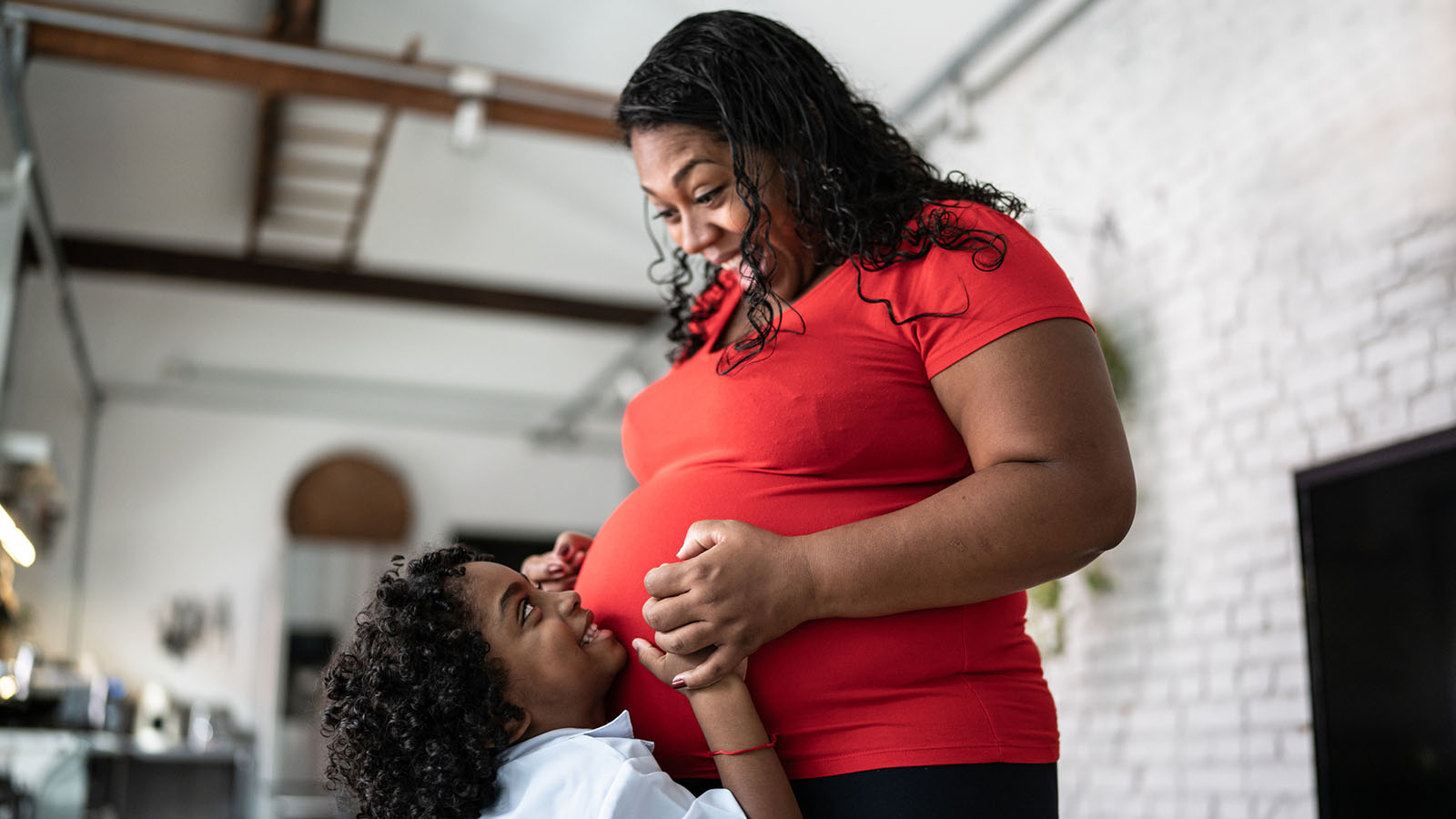
How to Have a Healthy Pregnancy if You're Overweight

Why You Get Sick on Vacation (and How to Stay Healthy While Traveling)

6 Hot Tips for a Safer Summer

4 Surprising Health Truths You Should Know

5 Interesting Facts About Your Heart

Is Low Sex Drive Normal? Revealing the Complex Causes of Low Libido in Women
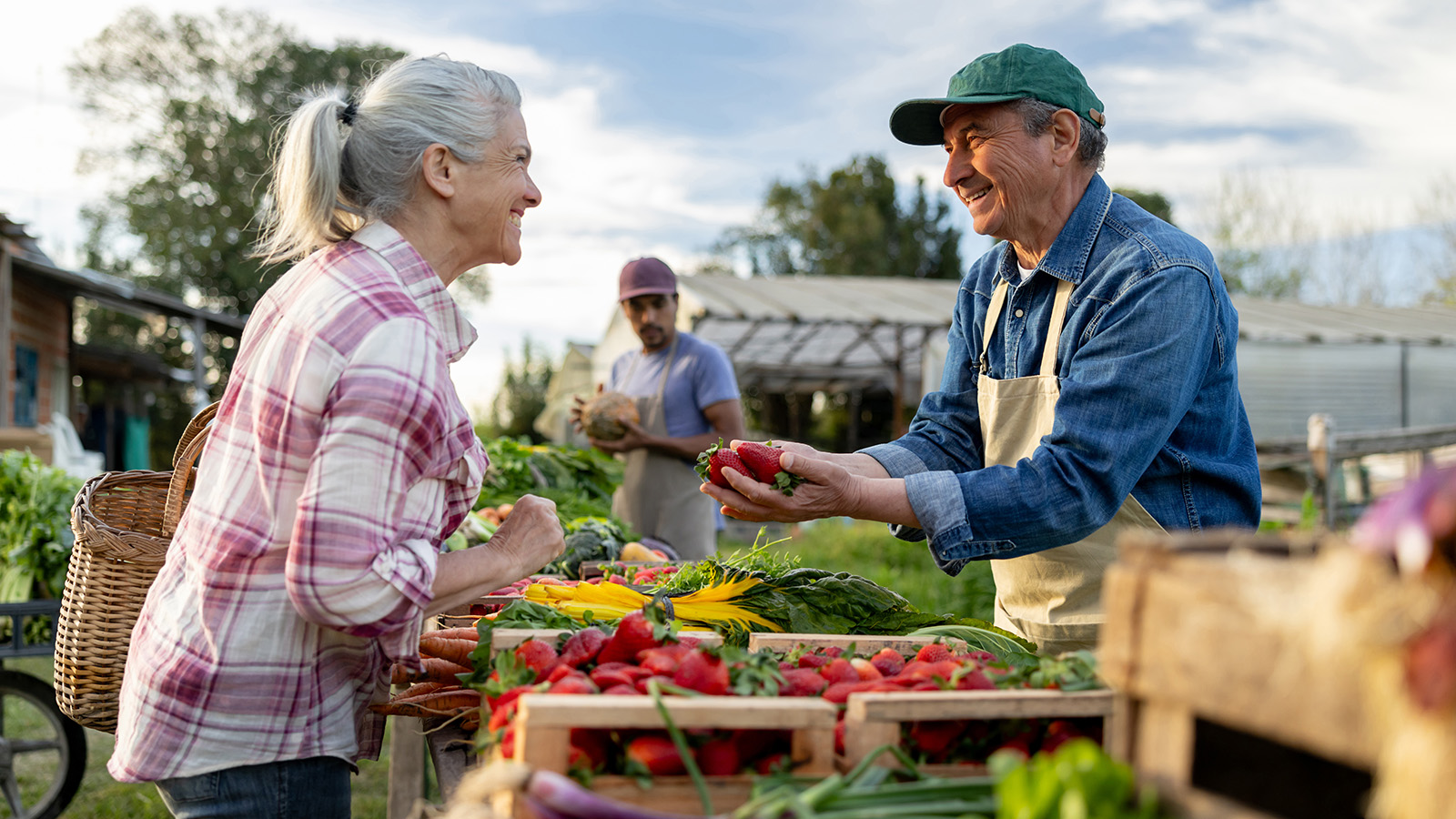
5 Feel-Good Activities to Explore Around South Jersey
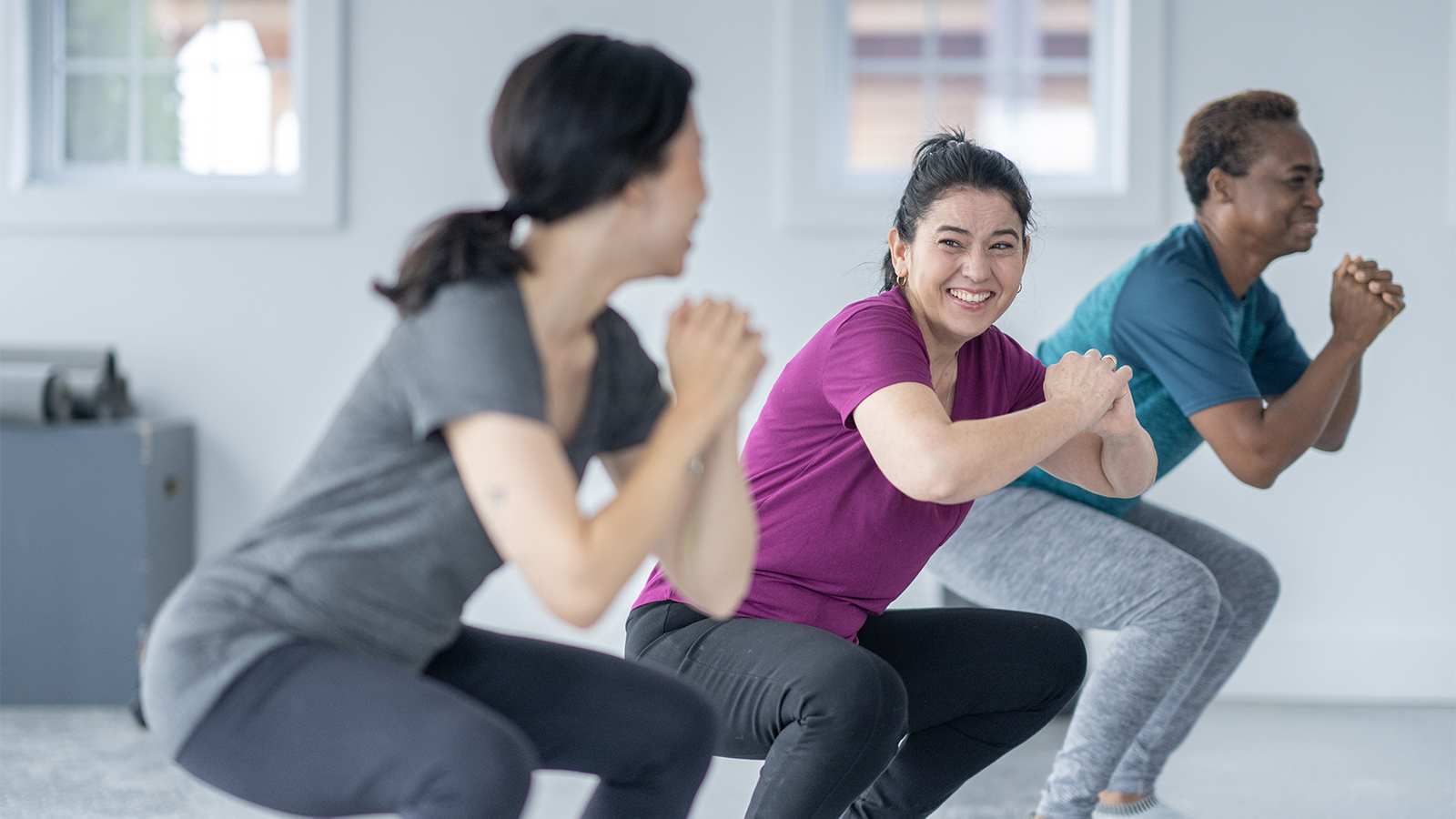
Stress Incontinence vs. Urge Incontinence: What's the Difference?

5 Key Facts About Proton Therapy for Cancer Treatment

3 Changes You Can Make Today to Lower Your Cancer Risk
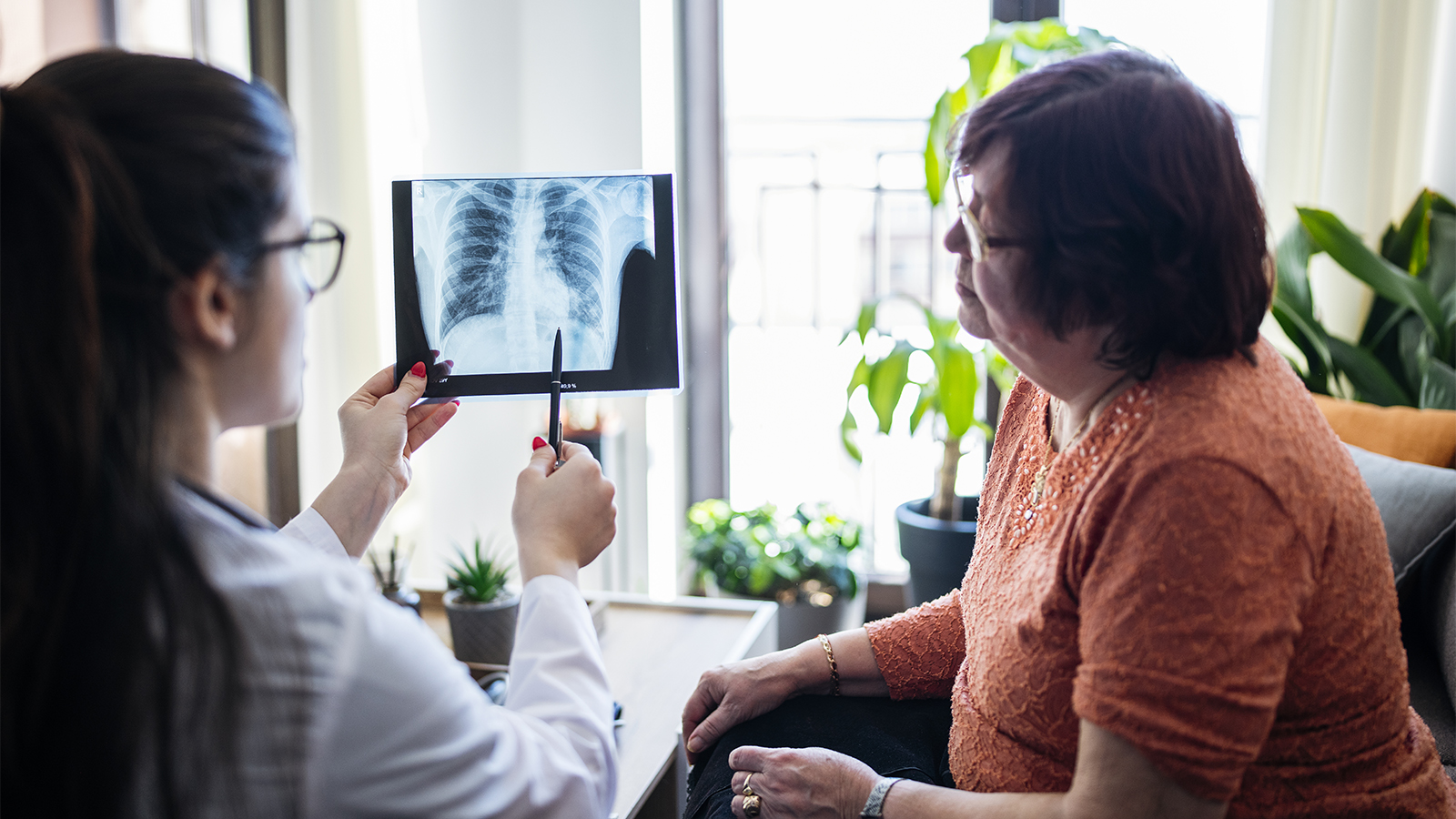
A Lung Cancer Screening Could Save Your Life

Take Pride in our Health: Must Dos for LGBTQ+ Preventative Care

Protect Yourself From Tick Bites and Lyme Disease

10 Quick Ways to De-Stress

4 Ways to Stay Fit and Healthy on a Budget

From Restless to Restful: How Movement Improves Sleep

5 Simple Ways to Spring Clean Your Wellness Routine

Best Foods for Kidney Health

5 Essential Winter Foot Care Tips When You Have Diabetes

Your 10-Point Plan to Avoid Winter Weight Gain

Surprising Symptoms May Signal Stroke In Women

8 Key Steps to Better Blood Pressure Control

5 Back Stretches for the Work-From-Home Workweek

The HPV Vaccine: A Powerful Shield Against Cervical Cancer

How Does Breast Density Affect Your Mammogram?

How to Prevent and Treat Urinary Tract Infections

6 Numbers Key to Keeping Your Heart Healthy

4 Easy Ways to Treat and Prevent Runner's Knee

Breast Cancer Diagnosis Inspires Catherine to Help Others

Five Mindfulness Tips That Can Help Heal Your Heart
Working from Home? Take a Quick Break to Stretch Your Wrists

Love Your Heart: Essential Care Tips for Every Stage of Life

How Do I Measure My Blood Pressure at Home?

How Do I Improve My Cholesterol Levels?

3 Ways to Reduce Your Stroke Risk
Firefighter's Successful Lung Cancer Care at Virtua

A Breast Self-Exam Saved Kristen's Life

How Sex Keeps You Healthy as You Age

Protect Your Child From HPV and Related Cancers

Why IUDs Might Be The Most Effective Birth Control

5 Things You're Too Embarrassed to Tell Your OBGYN

4 Not-So-Crazy Questions to Ask Your Doctor
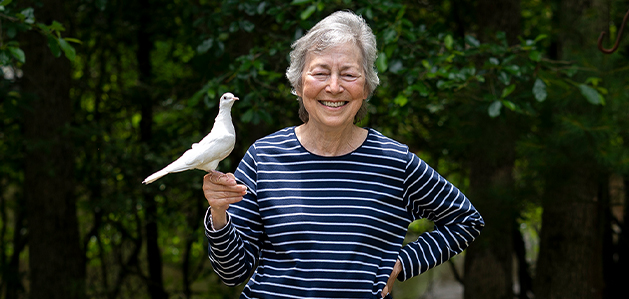
Rectal Cancer Surgery Gets Eileen Back to her Magical Life | Virtua Health
Robotic Surgery Helps Shelly Haney Return to Her Happy Place

